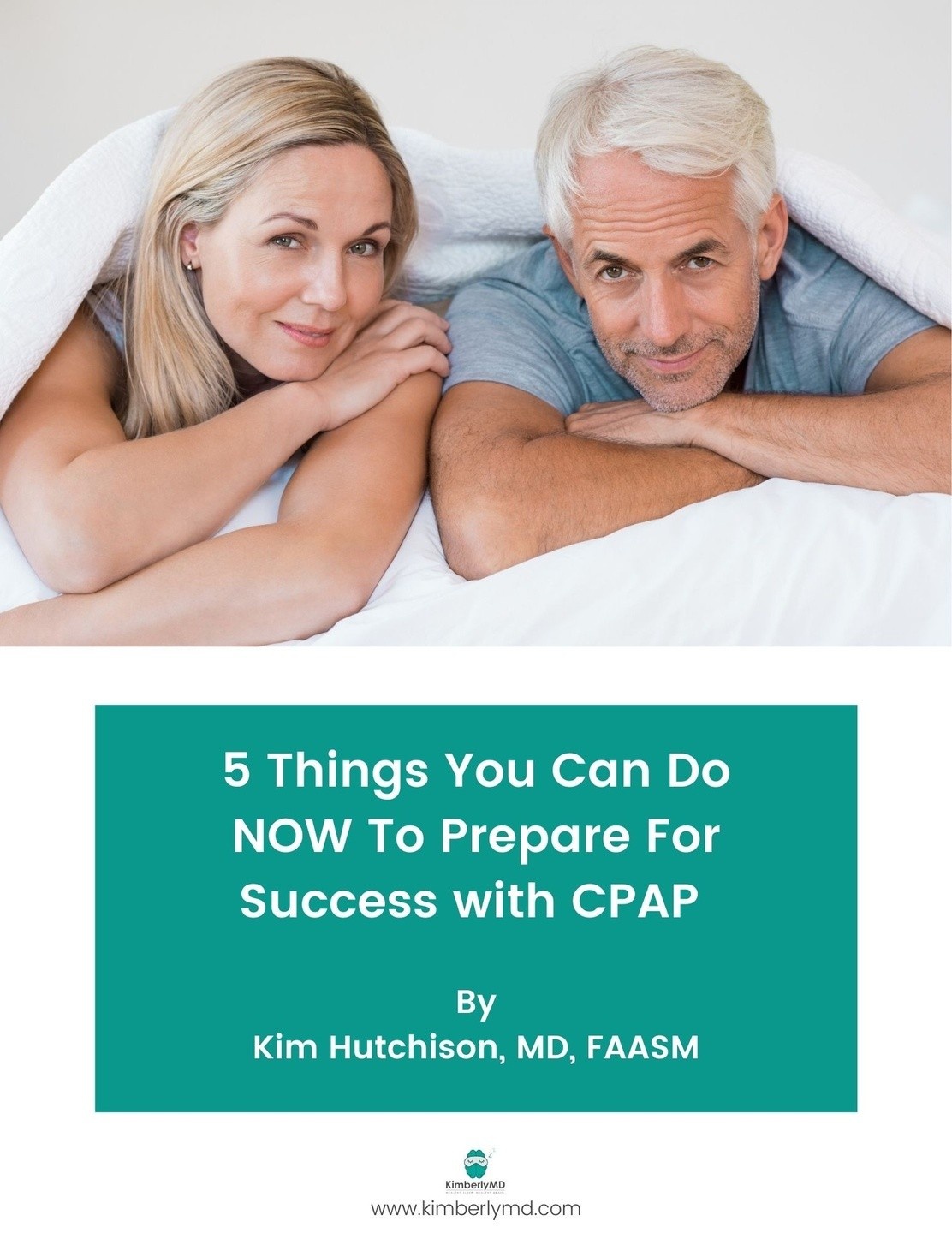Using CPAP but still feel sluggish?
Using CPAP but still feel sluggish?
Hey, Sleep Warriors!
If you're a sleep apnea patient using a CPAP machine or other sleep apnea therapy effectively but still feel tired during the day, there could be more to the story.
Sure, inadequate total sleep time or incorrect pressure settings can play a part. But today, I’m delving into something less talked about: Your body's natural circadian rhythm. Your circadian rhythm is your body’s internal clock that tells you when to sleep and when to wake up.
Some of us are night owls. Others are early birds. Yet, many of us sleep not when our body wants to, but when life demands it.
Sleeping out of sync with your circadian rhythm might be the reason you're not feeling your best. Maybe you're struggling to fall asleep, or perhaps you're waking up too early.
Life, work, and other responsibilities can influence our sleep schedule. But remember, our circadian rhythms impact our functionality during the day too. Feeling a mid-afternoon dip in energy? It's a natural part of our body's rhythm.
To understand your natural sleep-wake cycle, think back to a time you were on vacation. After catching up on lost sleep, when did you naturally feel sleepy? When did you wake up without an alarm?
If you're unsure, it might be time to observe yourself without the constraints of daily life. Use this information to set a sleep schedule that feels natural. Try sticking to the new schedule for a few weeks and see how you feel.
And if you can't remember a time when you were without the constraints of daily life - well, it’s time for a vacation – doctor’s orders!
Thanks for being here, I’ll see you next week.



